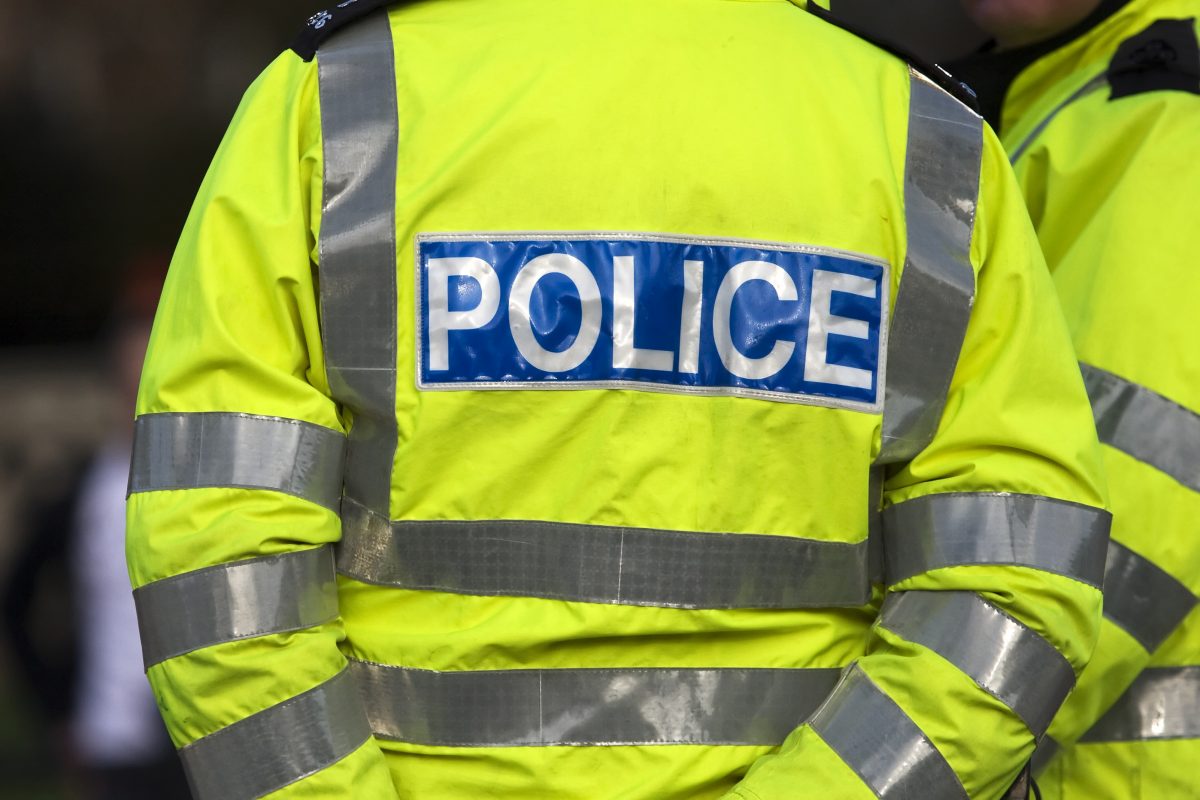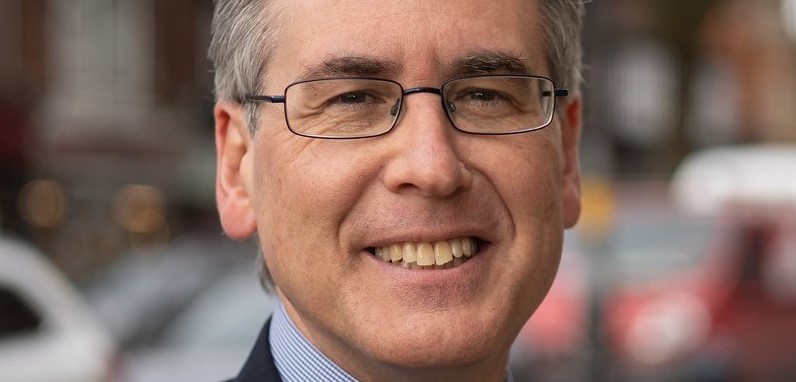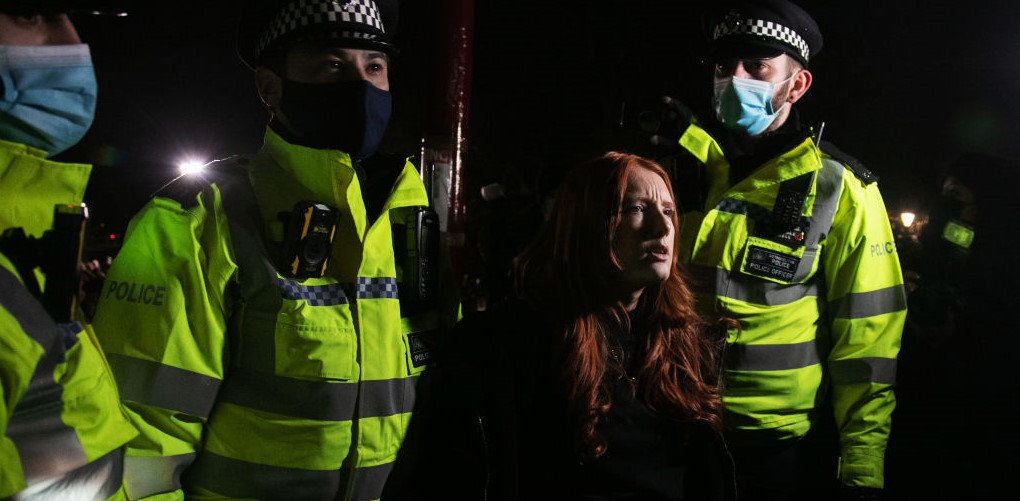Stranger danger
It’s a busy Friday night in Leeds city centre and thousands of people are enjoying the myriad clubs, pubs and restaurants on offer.
Most are here to enjoy a social evening with their friends – partaking in good food and conversation, listening to music and enjoying a few drinks. It’s a warm night and the atmosphere on the bustling streets is jovial and celebratory.
But Unite’s Leeds branch chairman for Hackney Carriages, Paul Landau, is here for an altogether more serious reason.
In October Tory legislation that will further de-regulate a taxi industry already under immense strain will come into force: creating havoc for drivers, police forces and councils alike and putting the public at risk.
Paul has organised a night-walk with West Yorkshire Police and Crime Commissioner Mark Burns-Williamson and Detective Chief Inspector Lisa Atkinson, so he can show them his concerns first hand.
Hidden dangers
Paul, along with Unite’s other black cab drivers, can’t help but be worried about the dangers hidden in the night time.
Week in week out they see vulnerable people, often alone, drunk and disorientated in the early hours, who are easy pray for unlicensed or unsavoury individuals masquerading as legitimate drivers. Once the new legislation comes into affect on October 1, says Paul, the dangers will only increase.
The Deregulation Bill will allow private-hire cars, licensed to trade within a certain area, to travel to outside towns and cities for work.
Despite this, standards for council issued taxi licenses vary from district to district. Compounding the issue is the fact that council enforcement officers, who carry out roadside spot checks, don’t have the powers to inspect vehicles licensed in other districts.
Â
“We’re looking at a free for all. Private-hire cars will be coming from all over the place to work,” Paul explained.
“They’re not supposed to be able to accept passengers from the roadside who haven’t pre-booked but that’s what will happen. It’s already a widespread problem locally that is very difficult to police. After October it’s going to explode.
“This isn’t only going to make it more difficult for Hackney Carriage drivers to make a living – it’s going to make reporting problem taxis more difficult for passengers.
“It used to be you’d contact your local council but now the car could be from anywhere. Council and police resources are already stretched. Deregulation will open the door for even less oversight. Unfortunately there are dangerous people who may take advantage of that.”
Assaults
Paul’s concerns are backed by evidence. During the last five years there have been a significant number of sexual assaults reported involving taxis in Leeds.
In one of the most shocking cases a women was picked up on the street by a Bradford private-hire driver, driven miles out of the city and gang-raped. Equally horrible examples can found across the country.
Back in Leeds and the night is gathering pace. It is now half-past midnight and drunken laughter and shouts pierce the air.
Twenty four-year-old Victoria Waterman and 26-year-old Amy Bannister are visiting pubs and bars with their friends. While Victoria says she has never jumped in a private-hire car without booking first because it’s irresponsible, Amy admits she has and has even taken unlicensed taxis before.
“I’ve always been fine,” Amy says. The city’s council and police force work hard to look after people who might not be aware or able to look after themselves – which is often the case when drink and good times affect common sense.
Just down the road from the bar Victoria and Amy disappear into, Leeds Council enforcement officer David Cowley is inspecting a private-hire car. He gets the driver to pop the trunk, checks under the car with a flashlight and inspects the taxi’s license and paperwork.
In October, however, the Deregulation Bill will allow private-hire cars to work across England and Wales – leaving local enforcement officers powerless to inspect vehicles licensed in other districts.
Leeds City Council and the local police are working towards a solution, but this is a nationwide problem. It will mean changes to strict legislation that will lessen the law enforcing authorities’ level of control over an area. It means police and councils will have to reconfigure their roles.
One solution Paul is eager for the police to adopt is for an officer to be seconded to a council’s enforcement team full time. This would give them power to inspect any car regardless of where it is licensed. Paul points to Birmingham where the measure has already been implemented.
“The Law Commission is reviewing a change in the law which will allow enforcement officers the powers to inspect any vehicle, but that could be anywhere from two to three years in the future. A seconded officer is a good stopgap until that happens and can be paid for by the council, as it is in Birmingham,” he said.
The rub is that de-regulation is compounded by dwindling money and resources for public services, already under pressure from five years of Tory austerity.
West Yorkshire Police and Crime Commissioner Mark Burns-Williamson lobbied hard with other Labour commissioners for the legislation to be changed. Now he says it’s about working with multiple stakeholders to ensure the problems it causes are managed.
“Some councils appear to give licenses out like confetti and I have written to my counterparts in other areas about that.”
“There needs to be a push for national licensing standards. The level of police cuts will reach 40 per cent by 2018. It’s not helpful to the situation to say the least,” Commissioner Burns-Williamson said.
“Police, drivers and councils have got to work together. It is a difficult task but we have got to provide a safe environment.”
 Like
Like Follow
Follow


